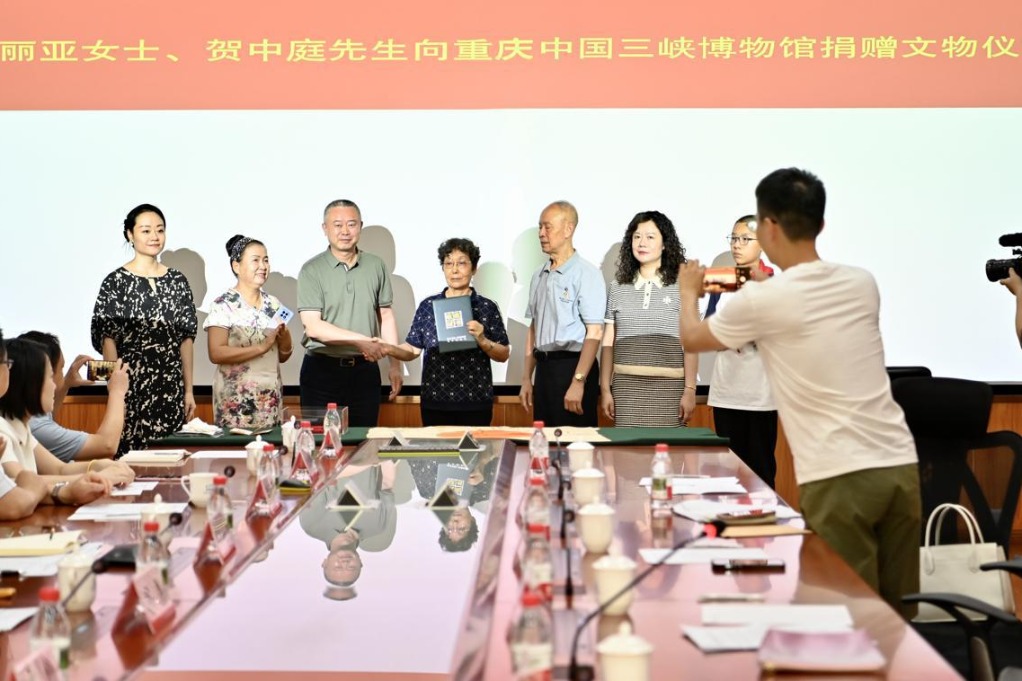Science, education key to prosperity, development, NPC deputy says


Science and education are crucial for China's prosperity and development, Xue Qikun, president of the Southern University of Science and Technology and a deputy to the 14th National People's Congress, said on Tuesday.
During a news briefing on the sidelines of the first session of the 14 NPC in Beijing, Xue said he is fortunate to be both a quantum scientist and an educator in this new era.
Xue was one of the key scientists that made the experimental discovery of the quantum anomalous hall effect in 2013, which was widely regarded as one of biggest breakthroughs in quantum basic research. As a result, he earned the State Natural Science Award in 2018, China's highest accolade for basic research.
He said his team created over 1,000 samples before finally succeeding in the experiment.
"We needed not only strong will, but also strong support in logistics and personnel for the achievement," Xue said.
"In the past, our country's economy wasn't very strong, and many of our scientists' interesting ideas could not come to fruition," he said. "But now, Chinese scientists have the resources and favorable conditions to … tackle some of the biggest scientific problems in the world."
The strategy of invigorating China through science and education has provided more opportunities for scientists and educators, Xue said.
"We are deeply motivated by it and should seize this historic opportunity to make more research breakthroughs and contribute to our country," he added.
- Investigation team set up after deadly bridge construction accident in NW China
- Two giant pandas welcome their first visitors at new home in Harbin
- China's V-Day parade to highlight peace, pledge to defend international fairness, justice
- A voice of Shandong University of Technology heard in Russia
- 12 dead, 4 missing after bridge collapses in Qinghai
- Central delegation visits people in Lhasa





































